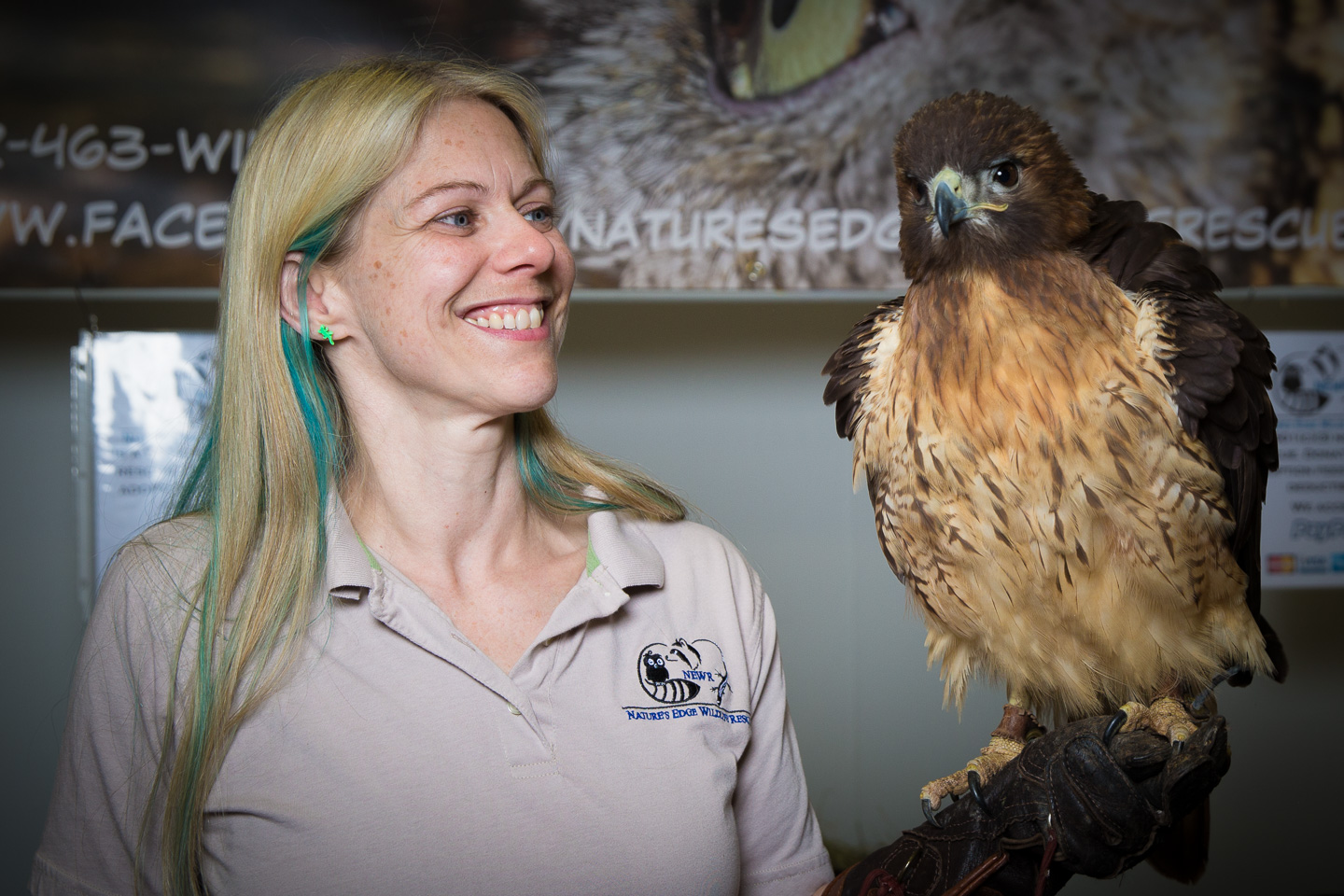Leucistic Fox Squirrel
Two days ago, we had some interesting intakes! Take a look at this super amazing baby fox squirrel (Sciurus niger).

This little dude has a genetic mutation called leucism, which is a condition characterized by reduced pigmentation in animals caused by a recessive allele. Unlike albinism, it is a reduction in all types of skin pigment, not just melanin. Albino have red eyes, lucistic have darker eyes. And yes, he is as yellowish as he looks! He may turn white as he gets older.
You can see below how he stands out from other squirrels around the same age in our incubator. Typically, animals with this kind of genetic mutation do not survive long in the wild. They kind of stand out. This guy will be destined for a life of education programs pending state approval.

While we do not name rehab animals, we are looking for name recommemdations since this guy will be destined for education. Mario wants to name it Ear Wax. Ew for short…. please help!























